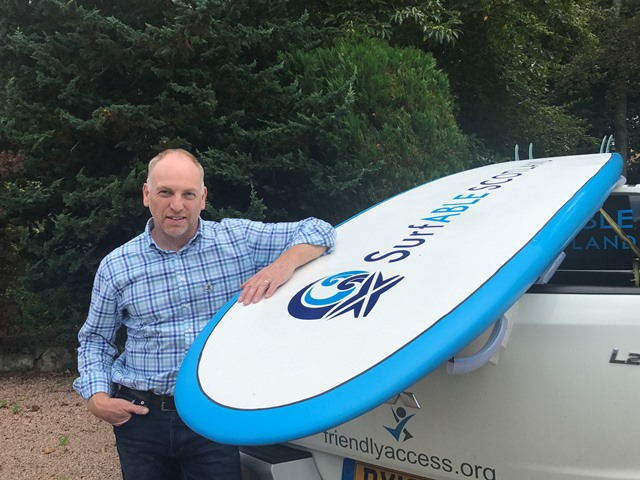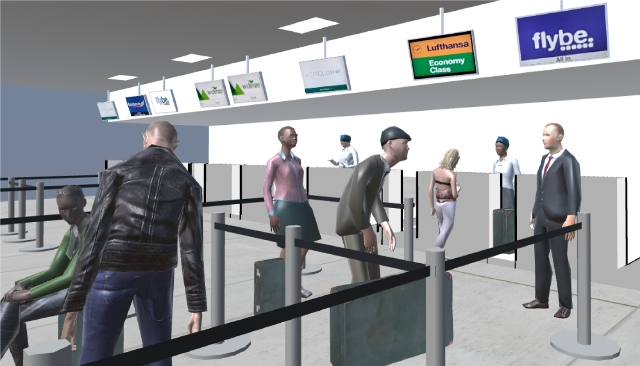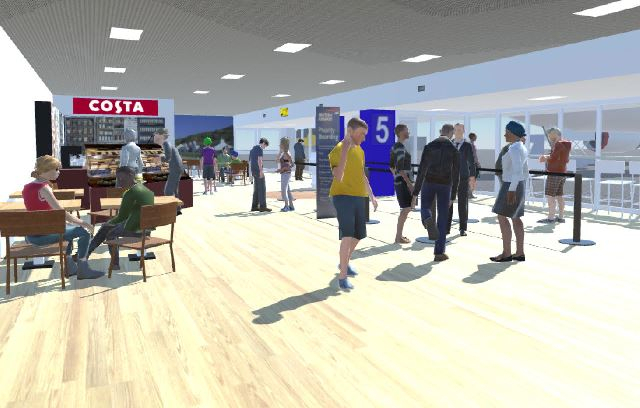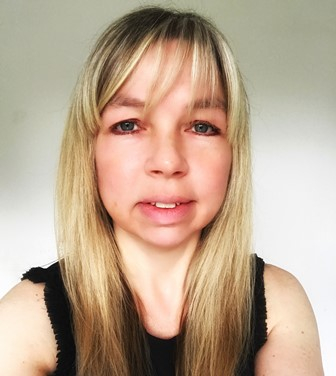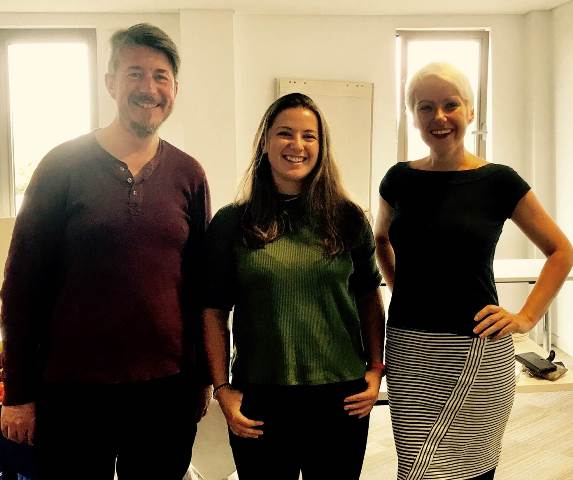Making Access Possible
Glyn Morris, Founder and Chief Executive, Friendly Access
Friendly Access is an organisation devoted to inclusion for people with hidden disabilities. Here Founder and Chief Executive Glyn Morris shares some of the organisation’s history and current projects.
In order to explain where Friendly Access came from and how it started, I need to take you back to the very beginning.
We’re a regular family: two kids, two dogs, four cats, and a passion for life. Our eldest, Gregor, now 18 and towering above me in height, has been the inspiration behind every direction life throws at me. I am jealous of his outlook as he lives in the present and is always happy. Gregor was diagnosed with neuronal migration disorder and epilepsy aged 3. He does not communicate verbally, is balance-impaired and has autism. He is my constant reality check on life.
We involve Gregor in mostly everything we do as a family. In 2011, during a theatre visit to London, we were asked to leave just 10 minutes into the performance. Apparently, the low audible sounds he was making didn’t agree with the sound engineer. It was a badly handled and upsetting decision by the theatre and even our neighbouring audience members looked on in disbelief. Obviously, this was wrong and our attention turned to how we could fix this. Through sheer determination we won over the theatre industry and the first major autism-friendly performance in the UK, The Lion King, was held in London and Edinburgh in 2012. From autism-friendly to relaxed to inclusive, it seems like we’re heading in the right direction.
There are around 12 million disabled people living in the UK [1]. There is no disabled register as such; these stats are based on the DWP records, so only reflects the point where a disability impacts someone’s life to trigger support. 12 million is 19% of the UK’s population, of which 57% live with a mobility impairment. It’s therefore a fair assumption that the other 43% of disabled people are living with a hidden disability or condition.
Friendly Access was granted charitable status in 2014 and has always been on a mission to make Scotland a more accessible and inclusive place, especially for those living with hidden disabilities and conditions. Last month saw the introduction of our very own autistic-led training team - one of our core objectives being delivered.
September 2017 saw the launch of our SurfABLE Scotland project. This is Scotland’s first adaptive and inclusive surf school and a follow-on to our hugely successful autism surf school which started 18 months ago. We wanted to cater for everyone regardless of disability or condition. Every individual should have a choice and the right to experience adventure.
Whilst a person’s disability cannot necessarily be changed, the environment often can. Too often the environment is the disabling factor in someone’s experience. There are variables within any environment which are beyond our control. These can be unexpected sensory experiences which can impact on an individual with debilitating effect.
Many individuals have extreme difficulties with heightened noise or crowded situations, and these sensory stressors can act as barriers, stopping those individuals from doing what most may think are everyday activities. These individuals will include many autistic people.
When we venture into new or unfamiliar environments, it can be a stressful experience for most of us. The impact for individuals living with acute sensory hypersensitivity, mental health conditions and heightened anxiety issues, is to be placed at an unfair disadvantage compared to their peers. This can often lead to social isolation.
In order to meet some of these challenges Friendly Access has joined forces with experts in Virtual Reality in the School of Simulation and Visualisation at The Glasgow School of Art and tech start-up, Crag3D to create an innovative application to help support individuals living with hidden disabilities and conditions.
The team are harnessing the potential of Virtual Reality (VR) to create an interactive and immersive experience to support people living with hidden disabilities such as autism, learning disabilities and mental health conditions. Through virtual familiarisation with an environment, individuals can anticipate and build resilience to stressors before they experience that environment. As my colleague, Ian Taylor of Crag3D put it: “Creating an immersive experience can help individuals become accustomed to an environment which they have previously feared, before they get there”. The project is funded by the European Social Fund and the Scottish Government’s Social Innovation Fund.
As part of the project, Friendly Access has partnered with Aberdeen International Airport (where we have already delivered environmental and awareness training to staff).
Aberdeen Airport is a complex environment, which makes it a perfect place to base our study and establish our proof of concept. However, we aren’t planning to work solely within airport environments and have already made tracks to cater for other scenarios. As Dr Matthieu Poyade of Glasgow School of Art explained: “Our aspiration is that it will give individuals increased confidence and to feel safe in some of the most challenging environments they visit.”
Our demo Android app will be available to download free of charge from late November 2017. Further details can be found at friendlyaccess.org. Versions will also be available for a VR immersive experience using any affordable VR headset.
Four years have passed since Friendly Access was created and now technology offers new possibilities to fulfill our vision. It is a truly exciting time. The future for individuals living with hidden disabilities and mental health conditions looks brighter as we use technology to work towards a more inclusive, more accessible Scotland.
References
[1] Department for Work and Pensions, July 2014, Family Resources Survey 2012/13

